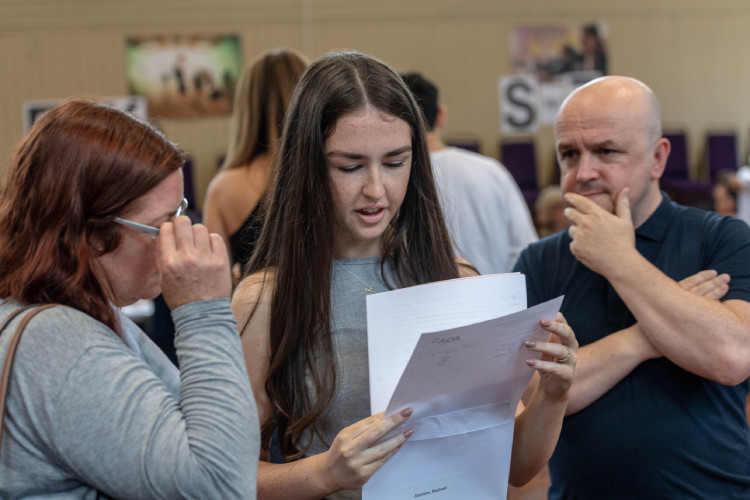
How to revise GCSE Triple Science
For Grades 5-7:
1. Cramming is the best way to revise GCSE Triple Science:
Cramming is not the most effective way to revise for GCSE Triple Science. It is better to spread out revision over a longer period of time and focus on understanding the topics. This also helps your GCSE Science tutor to cover everything in alignment with your revision.
2. GCSE Triple Science is all about memorising facts:
Science is not just memorising facts, but also understanding the concepts behind them. Understanding the concepts is the key to success in GCSE Triple Science.
3. All you need is practice questions:
Practising questions is essential to help you apply your conceptual knowledge but without learning the content, it’s useless. Learn the key concepts first using flashcards, your own notes or revision booklets then face those practice/past papers! If you’re really struggling with the concepts, ask your GCSE Science tutor to help.
4. You don’t need to ask for help:
Asking for help when you are stuck is essential in order to help you understand the topics. You can ask your teacher or a GCSE Science tutor for help if you are stuck. Our GCSE Science tutors boost student’s grades by 2 minimum, so why not join hundreds of other students in accelerating your progress?
For Grades 7-9:
1. You should just memorise the mark scheme for GCSE Triple Science past papers
Yes this helps, but knowing the content too interposed with knowing the mark scheme for high demand exam questions could be your winning formula!
2. CGP books are useless
Nope, they have a grade 7-9 edition so they are an excellent resource, much like our Free GCSE Exam Papers.
3. Do all GCSE Triple Science past papers ASAP!
Well no, you’re better off leaving the most recent past papers until the end (March/April). Try to exhaust all other mock papers, practice papers, ‘predicted’ papers and resources from your tutor/teacher. Doing the most recent past papers closer to your exam date will help you mimic exam conditions as well as see where you’re at.
4. Cover the content in the order that you find it difficult or the order it is in the textbook.
This is partly correct, partly wrong. Master your weakest topics first, then the high demand topics (the ones the exam boards LOVE testing) then the remaining topics – even the ones you find easy. Why practise content you find easy I hear you say? Well, a striker still has shooting practice even if he’s top scorer in the league, so always stay sharp and on top of things!
Revision and practice will build confidence in yourself, and so it’s this confidence that can do wonders and mean that you can face GCSE Science exam questions with ease. It doesn’t happen overnight, but managing your distractions, effective revision strategies and being familiar with the content like the back of your hand will help you!


